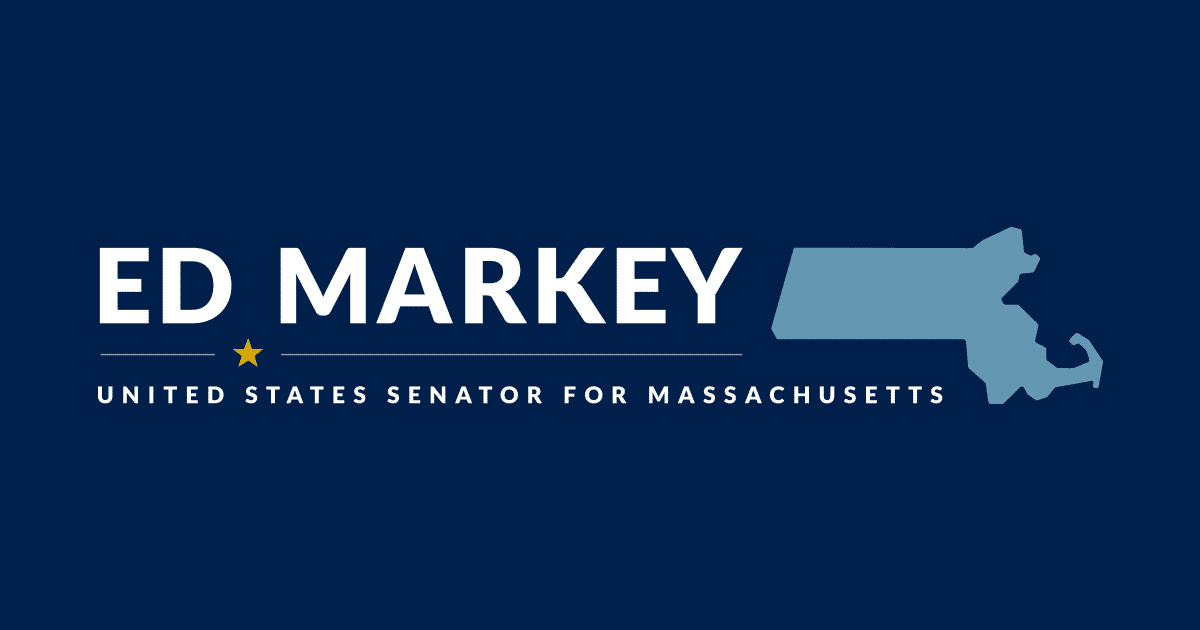Source: United States Senator for Massachusetts Ed Markey
Washington (March 21,2023) – Today, Senator Edward J. Markey (D-Mass.) and Congressman Richard E. Neal (MA-01) joined Chicopee Mayor John Vieau and U.S. Environmental Protection Agency officials to announce a $2,854,800 earmark to support the Chicopee Water Pollution Control Facility’s (WPCF) Nitrogen and Energy Optimization Project.
The allocation was made possible through Congressionally Direct Spending (CDS) from the Department of the Interior. Senator Markey and Congressman Neal included funding for this project in the Fiscal Year 2023 spending bill that was signed into law on December 29, 2022.
“With this infusion of federal funding, the City of Chicopee can do its part to reduce the nitrogen levels in the Connecticut River, ensuring our waterways and tributaries are healthier while lowering costs for the surrounding community,” said Senator Markey. “Every city deserves safe and clean rivers, and I will continue fighting for critical environmental protections so that all our waterways are preserved for generations to come.”
“This funding is a testament to the commitment of local municipalities and the federal government to invest in long-term solutions that will maintain the quality of waterways in our communities,” said Congressman Neal. “Contrast with the horrific events that took place in Flint, Michigan, today’s announcement will enable the City of Chicopee to make the investments necessary to reduce nitrogen levels, ensuring the proper treatment of the Connecticut River. Clean water is essential to the health and well-being of the citizenry and our local environment, and that is why it is critical that we provide our dedicated public works employees with the resources needed for their vital work.”
“The receipt of this grant is critical in completing the initial phase of a significant nutrient removal upgrade at our wastewater treatment facility,” said Mayor Vieau. “The project total cost is projected to be more than $60 mil over the next several years. This funding will help offset the cost to the rate payers which is crucial considering we have some of the higher sewer rates in the area.”
“The funding announced today for the Chicopee Water Pollution Control Facility will help accomplish important upgrades that will protect our environment for years to come. Reducing nitrogen discharges into the Connecticut River will improve ecological conditions in the river from Chicopee downstream, all the way to Long Island Sound,” said U.S. Environmental Protection Agency Regional Administrator David W. Cash. “It is especially important that we invest in communities that have been historically disadvantaged so that the benefits of a clean and healthy environment are shared and enjoyed by everyone.”
The WPCF discharges 15.5 million gallons per day to the Connecticut River, which is tributary to Long Island Sound, an Estuary of National Significance impaired by nitrogen pollution. This stand-alone project can be accomplished within one year and will improve existing process tanks and equipment at the WPCF necessary to implement the larger upgrade. The project will provide immediate measurable nitrogen reductions at the plant to benefit the community environs, the Connecticut River, and the Long Island Sound. The project will also improve energy efficiency at the facility, stabilizing operating costs and reducing the financial burden on rate payers and the City.
This funding comes just five months after Congressman Neal helped secure $4.5 million to cover Phase One of this three-phase project to bring the plant into compliance with new nitrogen removal requirements set by EPA and the State. The City also received an additional $2.5 million from the EPA through the Long Island Estuary and matched CDS funds with $713,000, bringing the total funding for this project to just over $10 million. With the latest infusion of federal funds, the project now moves into Phase 2.
Under guidelines issued by the Senate and House Appropriations Committees, members of Congress requested CDS funding for projects in their state for Fiscal Year 2023. CDS requests were restricted to a limited number of federal funding streams, and only state and local governments, and eligible non-profit entities, were permitted to receive CDS funding. This project is one of 160 CDS projects throughout the Commonwealth, totaling $225 million.
###
